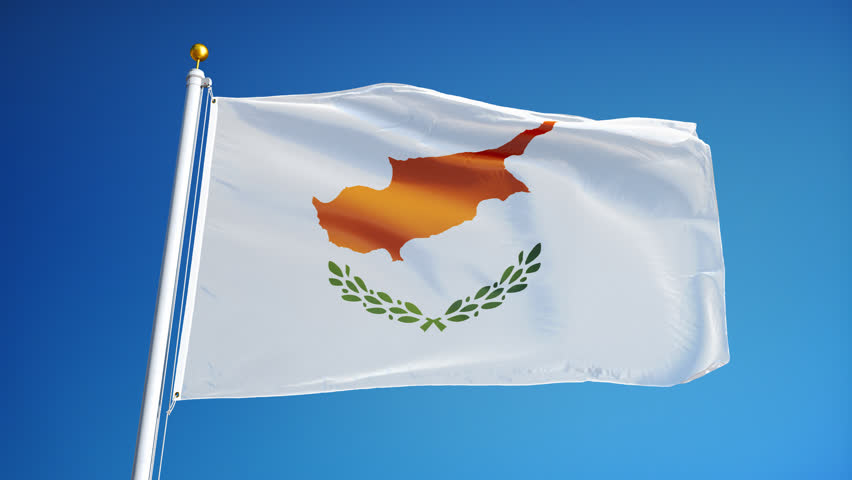
On Monday, June 25th 2012 Cyprus became the fifth member country to seek a bailout from the EU bailout fund now better known as the ESM. This request was made after the nation’s second largest bank, Cyprus Popular Bank, requested recapitalization from the Cypriot government. The reason for recapitalization was heavy restructuring in Greece which caused the bank to lose €3.65 Billion while it was bleeding capital from bad loans made to Greek as well as Cypriot consumers.
The bank was in talks with China for a potential loan and Russia agreed to loan Cyprus €2.5 Billion for financial restructuring. Cyprus has attracted large pools of foreign money due to low tax rates and a business friendly environment. Most forex brokers as well as other financial institutions have relocated their headquarters to Cyprus which is part of the EU, but does not subscribe to the socialistic economic policies enforced by France as well as Germany. Regulation is light, but effective and Cyprus was able to attract foreign capital as well as investment which created a large financial sector.
The problem was its heavy exposure to Greece and the lack of sophistication to handle such a large amount of capital. Cyprus has attracted Russian deposits which is why it was in Russia’s interest to bail Cyprus out at a time the EU was not willing to do so. Cyprus continued to struggle after the €2.5 Billion Russian bailout and the cash-strapped Cypriot government now asked again for assistance, hopeful to achieve their goals with the ESM.
The EU under German leadership has been reluctant to offer a bailout to Cyprus and Angela Markel’s party losses in state elections puts her in a tough position as Germany and the rest of the Eurozone do not want to use the ESM in order to bailout deposits of Russian oligarchs as well as black market funds which are expected to sit in the Cypriot financial system. On the other hand they will not be able to not bailout Cyprus and need to treat all members equal.
Germany asked Russia to participate in the bailout due to its financial interests in the country. Russia is neither part of the EU nor Eurozone and has no plans to join until the EU abandons NATO and forms a European defense alliance with Russia as a member. The Russian government is now in a position to have their citizens witness a bailout by EU taxpayers. Russia provides the majority of natural gas to the EU and will hopefully use the Cyprus situation in order for a renewed push to closer collaboration between the EU and Russia with favorable terms to Moscow.
The Troika is split as of how to structure the necessary bailout for Cyprus. The IMF refuses to agree to a bailout for Cyprus and worries about its total debt load which is not sustainable. The Cypriot government is running out of time and needs the funds immediately. Germany insists on IMF participation and unless the IMF agrees to terms the ESM will not release emergency funds. This shows that the ESM has enough red tape to be rendered essentially worthless.







